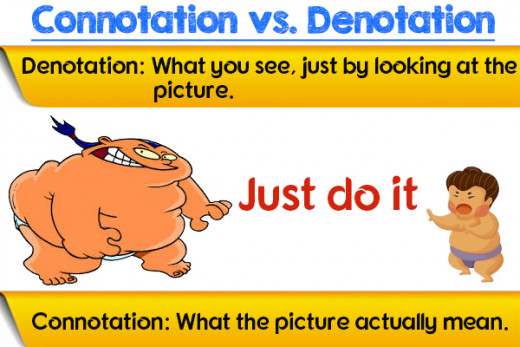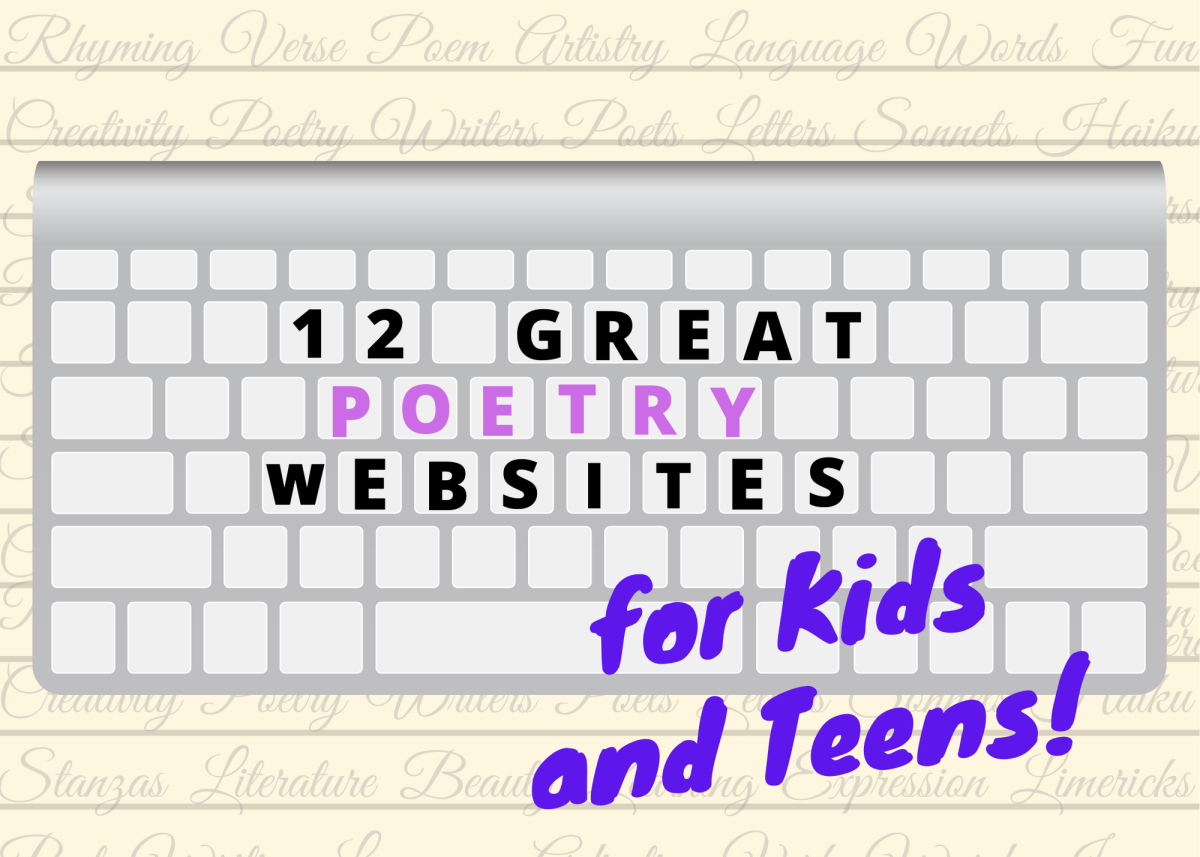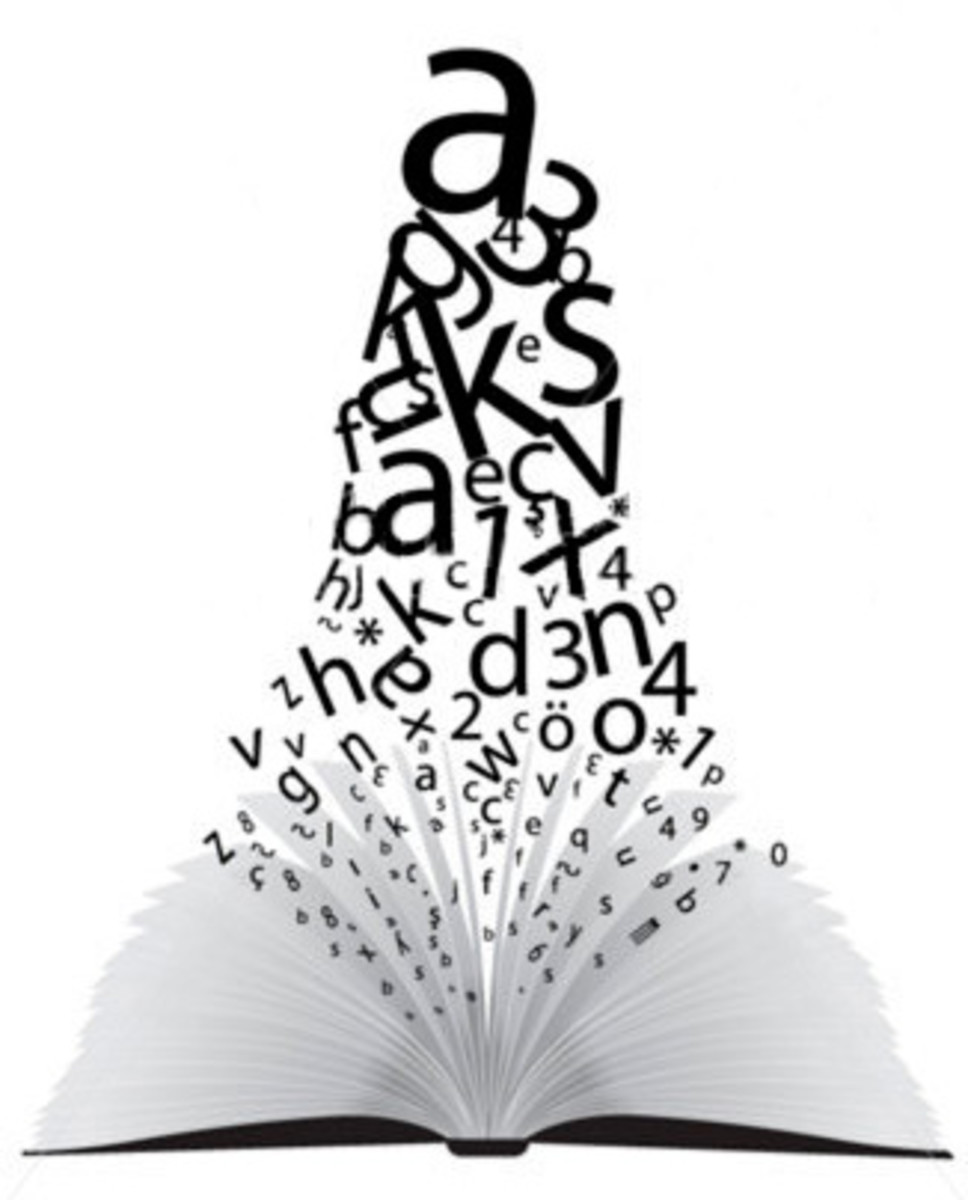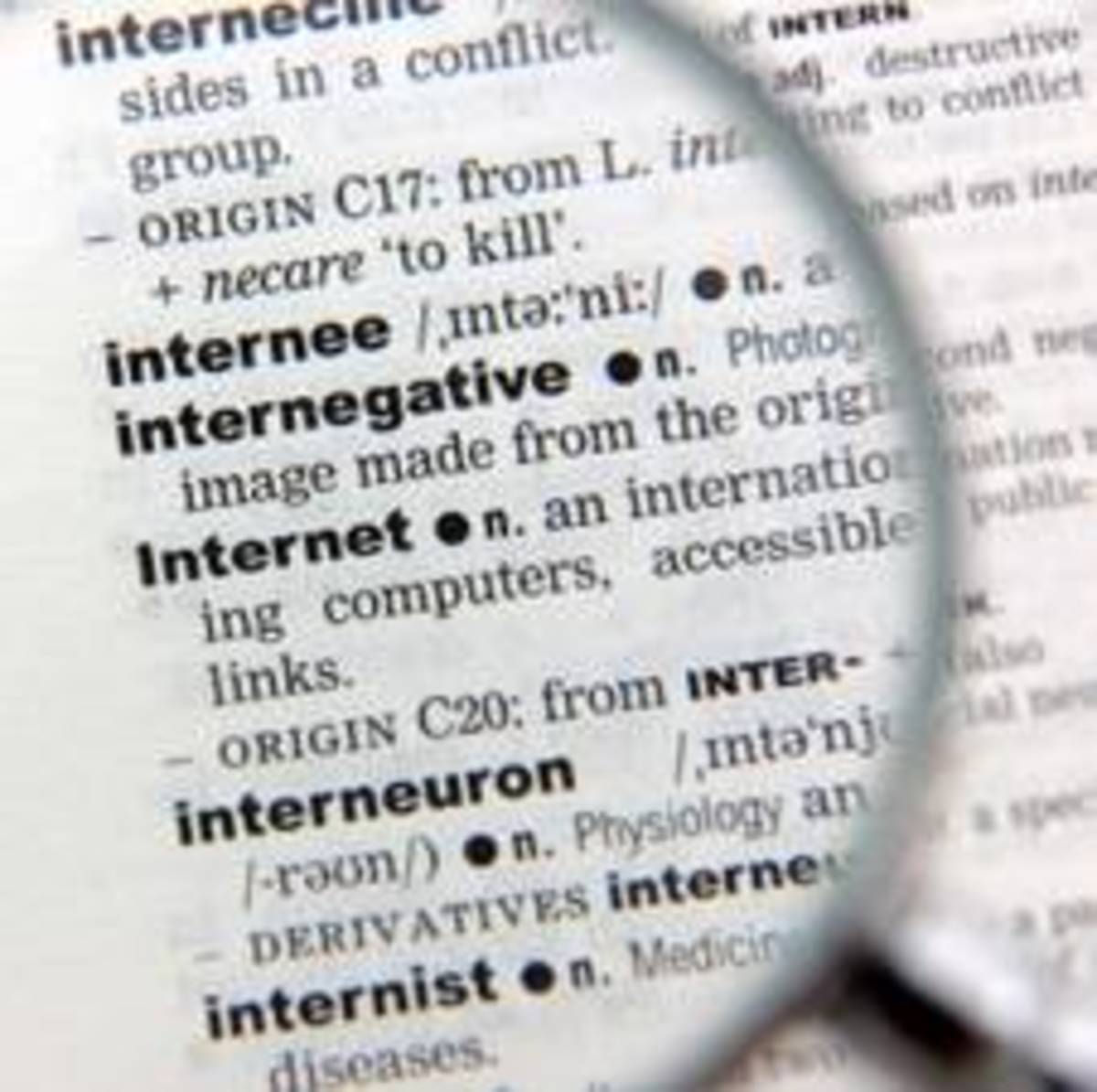Connotation vs. Denotation

Introduction
A lot of of us are acquainted with the procedure of observing and looking up to words in a dictionary. This Dictionary gives us the precise meaning of words helping us use them in an appropriate situation. One of the most important errand as a writer is to be concise and clear for your readers! Learning to relate the ideas to writings will quickly improve and progress a student’s writing flair.
Nevertheless, lots of words are connected with a frame of mind or attitude that their dictionary explanations do not include. This is the difference between Denotation and Connotation. In order to ensure the reader comprehends and appreciates precisely what is intended for words to mean connotation and denotation can help. Every student studies about connotation and denotation in his or her English classes. They are taught to differentiate between the two as they appear in literature and learn the theory or idea behind the terms.
As students are taught to write essays and thesis giving them a name as an author somewhat implies a sense of authority on the subject, with authority comes responsibility helping them to be better writers. Connotation and Denotation are two primary means of relating the meanings of words. Connotation denotes the wide range of positive and negative relations that most words certainly carry with them, however denotation is the detailed precise, accurate definition of a word that may be found in a dictionary.
Connotation is the emotive, creative and imaginative association neighbouring a word.
Denotation is the exact, strict dictionary meaning of a word.
Connotation is what the word suggests which is formed while referring to something else, something that might be originally concealed or hidden. Connotations can be both positive and negative; example, lady conveys a hint of both elegance and subservience depending on how the word is used or what feelings it induces. Connotation is the mood or emotion, cultural inferences, numerous social implications, associated with a sign or word. Conveying this additional layer of meaning helps assure readers, recognize exactly what you intended as a writer when using a certain word.
Examples
Consider an Example:
- When the florets bloom, their smell fills the house.
- When a gas belt leaks, the smell fills the house.
The sentences are absolutely fine, nonetheless by the use of ‘smell’ do the readers truly get an exact impression of what is intended?
Consider the revisions with Connotation:
- When the florets bloom, their fragrance fills the house.
- When a gas belt leaks, the stench fills the house.
The words smell, stench, fragrance, are all “odours,” basically having identical denotation; however their connotations are poles apart. The writer places the words in a better way in the revision, where he really projected the use of the word smell.
Denotation signifies the unambiguous or referential meaning of a word or a sign when you mean what you say, literally the ‘dictionary definition.’ Search for any word in the dictionary and there are several disparities of the meaning presented well, not entirely. Denotation and connotation are two ways to interpret and translate meaning from words. If you ever forget either or one of them, remember that "denotation" and "dictionary" both start with "d."
The literary artistic writing areas are often improved by applying the concepts of Connotation and Denotation such as:
- Clarity
- Curtness
- Active / Passive Voice (verbs)
- Specificity
- Variation
Tips for improving the use of Connotation
- Avoid ambiguous indefinite terms, recognize and swap them with more explicit precise words.
- Use “sensual” or “sensory” words, which invoke the senses.
- Choose “evocative” verbs and duck using verb forms Example: instead of “she laughed,” consider “she—chuckled, giggled, snickered, etc.








